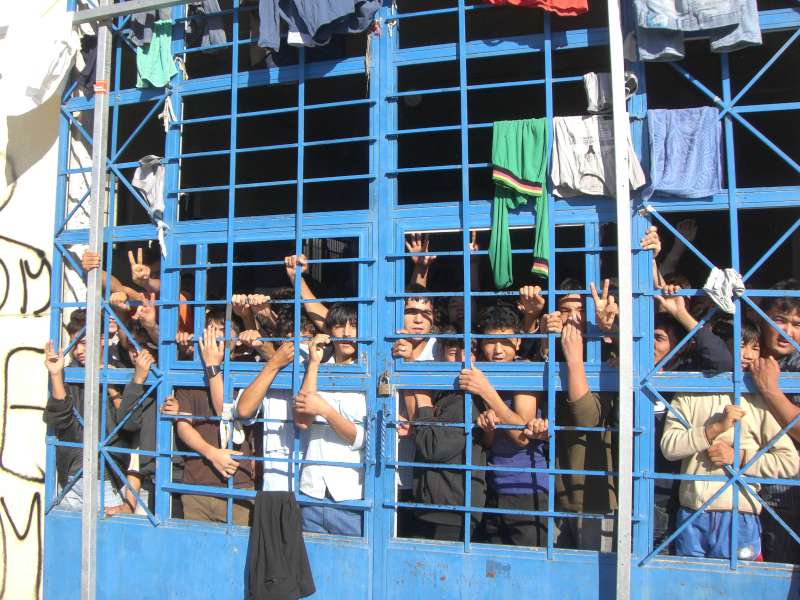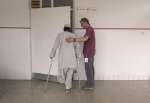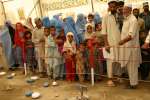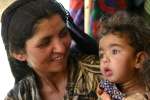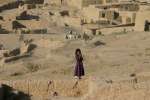UNHCR delegation visits detention centre on Greek island, urges closure
News Stories, 23 October 2009
PAGANI DETENTION CENTRE, Greece, October 23 (UNHCR) – A UNHCR delegation has called for a crowded migrant detention centre on the Greek island of Lesvos to be closed after visiting the facility with a senior government official.
More than 700 men, women and children are packed into the Pagani centre, which lacks space and adequate hygiene and sanitation facilities to cope with such a large number of people, many of whom might be asylum-seekers and thus of concern to the UN refugee agency.
"Freedom, freedom, freedom," the detainees chanted, as Deputy Citizens' Protection Minister Spyros Vougias and the UNHCR delegation, led by Giorgos Tsarbopoulos, visited the facility on Thursday.
Both men condemned the poor conditions, which included about 200 women and children living in one ward with just two toilets and one shower. They saw damp mattresses soiled by water leaking from the toilets.
Deputy Minister Vougias, visiting Pagani during his first week in office, apologized to the detainees, who are mainly from Afghanistan and Somalia. "What I have seen today is a human tragedy, with conditions in which no human being should be kept," he said.
"There is an urgent need to release vulnerable groups," the minister stressed, while pledging that the government would improve the processing of new arrivals and work to ensure better living conditions.
Tsarbopoulos, head of the UNHCR office in Greece, said Pagani "should be shut down," adding that the situation there reflected the impasse of policies applied at entry points, which led to people being detained.
He said UNHCR recommended that appropriate reception facilities, with screening mechanisms and expert staff, should be established at entry points, including islands like Lesvos which faces Turkey. These would help identify people in need of international protection and afford them special care.
"In parallel, drastic changes to the asylum system should be immediately introduced and the relevant responsibilities should be removed from the police and transferred to a political body," Tsarbopoulos said, adding that he hoped the government's commitment to improvement would result in concrete action.
Some 5,500 irregular migrants and asylum-seekers were detained in Lesvos during the first eight months of this year after crossing from Turkey, compared to more than 13,000 in 2008 and 6,100 in 2007. Most originated from conflict-torn countries such as Afghanistan, Iraq and Somalia.
By Ketty Kehayioylou in Pagani Detention Centre, Greece




